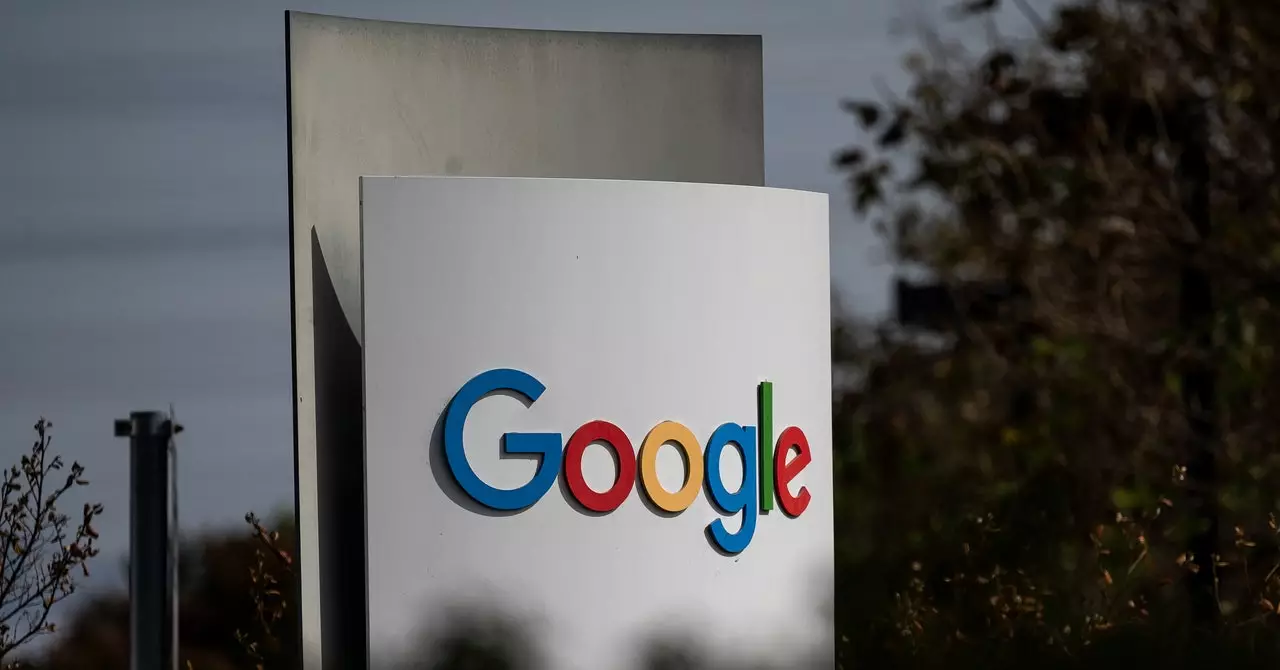The landscape of artificial intelligence (AI) is evolving rapidly, with major tech giants vying for supremacy in the generative AI arena. Google, home to the renowned search engine, faces significant hurdles as it seeks to promote its Gemini Assistant chatbot. The legal framework within which it operates has become increasingly complex, especially following a recent US federal court filing. This article will examine the current state of affairs regarding Google’s Gemini, the potential implications of the ongoing antitrust disputes, and how all of this might influence the company’s place in the competitive domain of AI.
At the center of this evolving scenario is the federal lawsuit against Google for its alleged monopolistic practices. In a filing made recently, Google outlined a set of proposed restrictions that would limit its power to mandate that partners—ranging from device manufacturers to wireless carriers—distribute the Gemini Assistant to their users. This withdrawal from such contractual requirements could be interpreted as a push toward a more equitable business environment. The proposed changes suggest an intention to alleviate some of the monopolistic pressures that have arisen as a result of Google’s prior contracts that prioritized its services over competitors.
Google’s proposals come as a direct response to actions initiated by the US Department of Justice (DOJ), which has urged the tech giant to loosen its grip not just on partnerships but also to provide more data transparency with other companies in the sector. The DOJ’s call for a divestiture of Google’s Chrome browser business is a bold move that underscores the severity of the monopoly concerns surrounding the company. However, Google swiftly rejected the notion of selling off any business divisions and remains steadfast in maintaining its power within the market.
In August, US District Judge Amit Mehta ruled that Google had violated federal antitrust laws by establishing agreements to become the default search provider on platforms like iOS. This ruling is crucial as it confirms that Google’s dominance, often maintained through lucrative revenue-sharing arrangements with partners, granted the company a monopolistic foothold in both search and advertising. The court’s decision has not only prompted a reevaluation of how Google conducts its business but also raises vital concerns about the potential for anti-competitive behavior as AI chatbots, like Gemini and OpenAI’s ChatGPT, emerge as competitors to traditional search engines.
The DOJ’s concerns regarding companies transitioning their monopolistic strategies from legacy search methods to the AI domain heighten the stakes for Google. As AI continues to reshape the way individuals seek and consume information, ensuring a level playing field is paramount. The ramifications of Judge Mehta’s ruling could lead to significant shifts in how tech companies approach partnerships and competition within the space.
Interestingly, the legal turbulence surrounding Google has not significantly dampened investor sentiment. In fact, shares of Alphabet—Google’s parent company—have surged over 37% in 2024. Analysts suggest that this rise reflects investor confidence in Google’s ability to navigate these challenges while still delivering innovative products that resonate with users. During the trial, Google defended its market position by emphasizing the high quality of its search experience, arguing that users tend to stick with default options due to familiarity and reliability. This suggests that, despite potential regulatory setbacks, Google’s brand strength is formidable.
As Google pushes ahead with the rollout of the Gemini Assistant, the proposed restrictions indicate a critical strategy shift. While the company will maintain some promotional leverage—such as securing default search status on select devices—it must now balance this with a heightened awareness of legal and ethical considerations surrounding its partnerships. Notably, the proposed restrictions would create a more level playing field, allowing rivals to flourish without the hindrance of Google’s dominance.
The future of Google’s Gemini Assistant and its positioning within the AI market will be dictated not only by its innovation and user appeal but also by the outcome of the ongoing legal scrutiny. With the possibility of lengthy appeals and continued federal oversight, the landscape of AI competition could shift dramatically in the years to come. Google’s ability to adapt and pivot under these circumstances will be critical to its ongoing relevance in an increasingly dynamic field. Whether it can successfully navigate these complexities remains to be seen, but the stakes are undeniably high.

